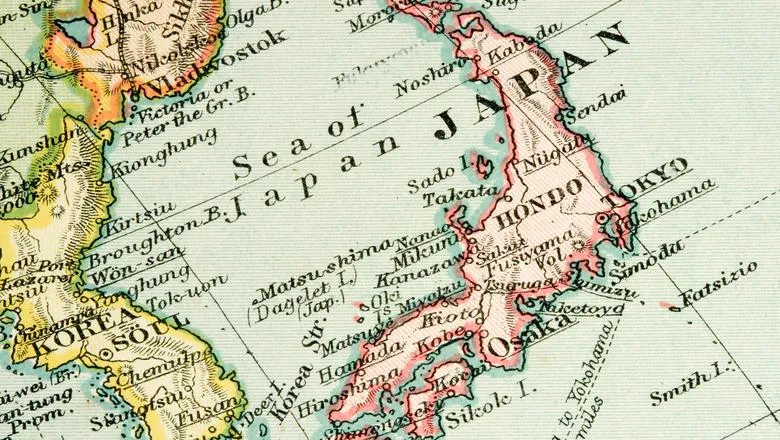
Dr Giulia Garbagni
Ax:son Johnson Institute for Statecraft and Diplomacy Research Fellow
Biography
Giulia specialises in the international history and politics of modern East Asia, with a focus on Japan. She joined CGS in September 2023, after completing her PhD at the University of Cambridge, where she was an AHRC and Cambridge Trust scholar. Her doctoral dissertation, titled ‘Presidential, Post-Imperial and Personal: Envoy Diplomacy in Japan, 1960s-1980s’ investigated the role of special envoys and executive agents in early postwar Japanese diplomacy, drawing from multi-archival research in Japan, the UK, the US, and South Korea. She is currently revising it into a monograph.
Giulia previously held research fellowships at the John W. Kluge Center at the Library of Congress in Washington DC; the University of Tokyo; and Sogang University in Seoul. She was also a member of the 2021-22 cohort of the Wilson Center’s Cold War Archives Research (CWAR) Institute Fellowship, and of the 2020-21 cohort of the Korea-Europe Next Generation Policy Expert Network. She holds a bachelor’s degree in international relations from the University of Bologna; a double MSc in International Affairs from Peking University and the London School of Economics; and a MSc in Modern Japanese Studies from the University of Oxford. Her research has been published in Cold War History, Nations and Nationalism, and The Journal of Burma Studies.
Research Interests
- International history of modern East Asia
- Japanese foreign policy and aid policy
- Japan-Southeast Asia relations (with a focus on Myanmar and Indonesia)
- Aid policy
- The Cold War in Asia
- Informality and personality in diplomacy
Giulia’s research lies at the intersection of the history and politics of modern East Asia, with a particular interest in Japan’s foreign policy after 1945.
Publications
JOURNAL ARTICLES
- Giulia Garbagni. ‘“Better to be a Chicken’s Head than an Ox’s Tail”: Japanese Envoy Diplomacy in the Mediation of Konfrontasi (1965)’. Cold War History, published online January 2023. [link]
- Giulia Garbagni and Matthew J. Walton. ‘Imagining Kawthoolei: Strategies of Petitioning for Karen Statehood in Burma in the First Half of the 20th Century’. Nations and Nationalism 26:3 (2020): 759-774. [link]
- Giulia Garbagni. ‘“The Friends of the Burma Hill People”: Lt. Col. John Cromarty Tulloch and the British Support to the Karen Independence Movement, 1947-1952’. The Journal of Burma Studies 21:2 (2017): 263-298. [link]
BOOK REVIEWS
- ‘Japan at the Crossroads: Conflict and Compromise after Anpo’ by Nick Kapur. Japan Forum 34:4 (2022): 541-544. [link]
- ‘Narrating Democracy in Myanmar: The Struggle Between Activists, Democratic Leaders and Aid Workers’ by Tamas Wells. LSE Review of Books (April 2022). [link]
OTHER ARTICLES
- ‘Developmental Means for Strategic Ends: Japan’s Infrastructure Diplomacy in Myanmar and the Wider Southeast Asia’. notes, Torino World Affairs Institute (March 2021). [link]
- ‘Dewi Sukarno Goes to London, or How to Handle an Indonesian VIP during Konfrontasi’. Toynbee Prize Foundation (June 2020). [link]
Research

Centre for Grand Strategy
The Centre for Grand Strategy seeks to bring a greater degree of historical and strategic expertise to statecraft, diplomacy and foreign policy.
Events

Strategic Thinking in Japan: Bridging the 1945 Divide
Conference exploring the theme of grand strategic thinking in Japan from a historical perspective.
Please note: this event has passed.
Research

Centre for Grand Strategy
The Centre for Grand Strategy seeks to bring a greater degree of historical and strategic expertise to statecraft, diplomacy and foreign policy.
Events

Strategic Thinking in Japan: Bridging the 1945 Divide
Conference exploring the theme of grand strategic thinking in Japan from a historical perspective.
Please note: this event has passed.
